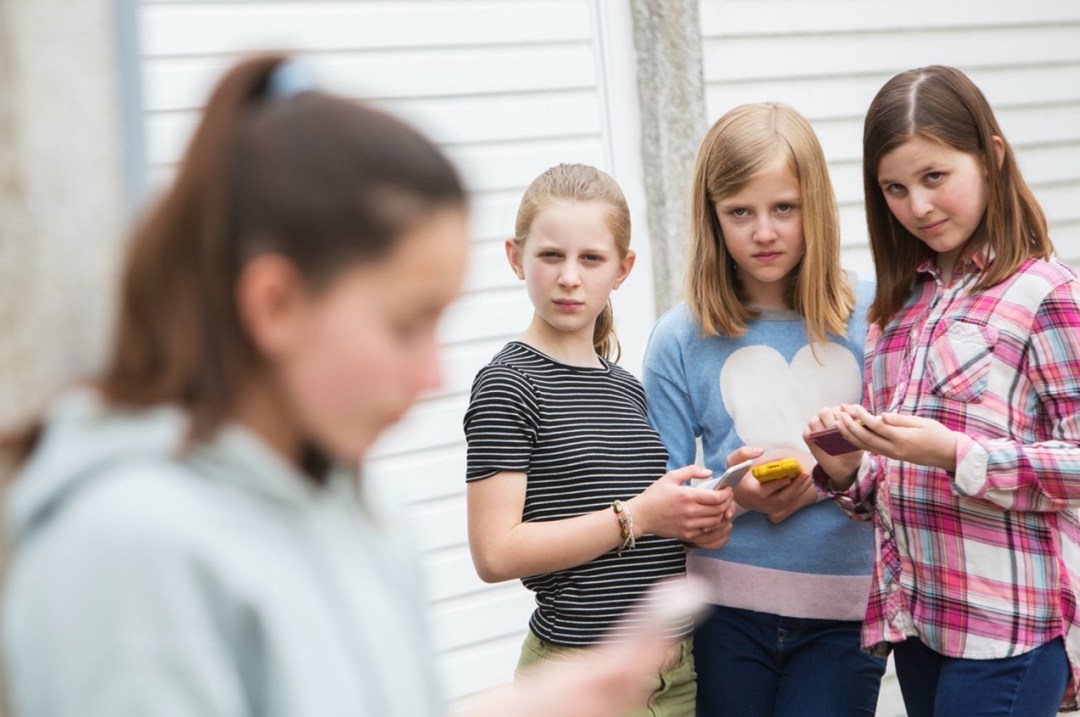Top tips to promote Self-Esteem and Mental Wellbeing in children
Ollie Coach, Belinda Wells, gives us some tips on how to support children and young people to develop a positive identity and self-image which will improve their self-esteem and self-reliance.

Identity and self-image are key to a child’s mental health and well-being, as their self-image and self-esteem affects their social and emotional health and development. As a Foster Mum I know this first-hand, from having many children who struggle with self-worth, self-image and belonging.
We aren’t born with an identity and an image of ourselves. It evolves over time based on our experiences and from the people we are surrounded by. Children develop their sense of self from the environment in which they grow up and through interactions with the people they live with. Having identity and a good self-image promotes a sense of belonging. A supportive family who gives a child emotional support will certainly increase the child’s overall health and their social, emotional and identity needs.
If family life is dominated by stress, anxiety and conflict, the health of all the family members can be affected. This can result in lack of self-worth and identity and can bring feelings of not belonging, or of being an ‘outsider’. Poor self-image then leads to negative feelings about who a person is and so too in what they can achieve. Low self-esteem often leads to frustration, anger, and even self-harm.
If you are worried that your child may be struggling, here are some common signs that your child may be having social problems or symptoms of depression or low self-esteem.
Signs to Look Out for May Include:
- Finding it hard to make and keep friendships,
- Having trouble concentrating, especially on schoolwork
- Expressing feelings of sadness, hopelessness or self-harm
- Losing interest in activities they once enjoyed
- Sleeping or Eating more or less than normal
- Being more irritable or moody than usual
- Having a negative image of themselves, say they feel bad or ugly.
- Shyness or Lacking in confidence
- Putting themselves down: saying things like “I’m stupid” or “I can’t do that”
- Feeling lonely
- Tending to avoid new things and being fearful of change.
- Can’t deal well with failure.
- Not having pride in what they achieve, thinking they could have done better.
Ways to Promote Self-Esteem and Mental Wellbeing.
We can support children and young people to develop a positive identity and self-image which will improve their self-esteem and self-reliance. Here are some important factors in helping children and young people build a good self-image.
Don’t underestimate Peer Influence
Teenagers in particular are influenced by their peers. They want to belong to a group, to be accepted. On occasions this can lead to teenagers doing things they wouldn’t normally do, whilst searching for their own identity or trying to find a place to belong. But this is normal teenage behaviour. Remember – you were a teenager once! Teenagers are just practising becoming adults. And they need to practice in order to learn.
Be an Understanding Adult
Be supportive, not judgemental. Children develop and change their sense of who they are with each new experience they have, and are greatly influenced by those around them. With a wealth of diversity in every community, children and young people can see that we are all different and they will learn that this is normal and acceptable, with your help and your acceptance.
Give Encouragement
Encourage children to develop a positive self-image and a growth mindset. Notice and give praise wherever you can, to help the child identify their own strengths and abilities. Children will gain confidence to be themselves through your understanding and encouragement. As a parent, you can support your child’s role in society by acknowledging what and who is important to them and not putting them down.
Create opportunities
Children gain self-confidence and self- esteem when allowed to help in making decisions. Young people can often feel that that aren’t in control and it really helps if we can involve them. Their wishes and feelings are important. Create opportunities for them to be involved in helping with family decisions, where appropriate, and in making their own, accepting responsibility for their own actions and being rewarded for their efforts and achievements.
Allow children to Express and Communicate their Feelings
This is probably the most important of all. Engage with your child in ways that help them to trust and allow them to communicate their feelings and thoughts, about themselves, their past experiences, current circumstances and future plans. Be accepting, be positive, and do this in a non-judgemental way. Children should see us as role models who express and communicate our feelings in an appropriate way too.
Most children will have ups and downs in self-esteem as they go through the different stages or challenges in life, this is normal, but with support from parents and other adults around them, they usually get through this and grow to become Emotionally Intelligent adults.
Belinda Wells, Ollie Coach
Belinda is an Ollie Coach and Foster Carer. Previously a Primary School Teacher, she now has over 20 years’ experience working with children. Her interests are psychology, how we think and why we behave as we do, and she loves learning and writing. Belinda enjoys seeing the difference her work as an Ollie Coach can make to the children and families she works with.
To get in contact with Belinda email Belinda.wells@ollieandhissuperpowers.com
To find out more about Ollie and his Super Powers and how to become an Ollie Coach go to https://www.ollieandhissuperpowers.com/pages/about-us
Caroline Chipper
Director
Co founder of Subconquest Ltd, that trades as Ollie and his Super Powers. My many years of commercial experience is being put to good use managing the business side of Ollie, including working with our Ollie Coaches, and managing our contracts. In everything we do its about making a difference to those we work with. To find out more go to https://www.ollieandhissuperpowers.com/pages/about-us



